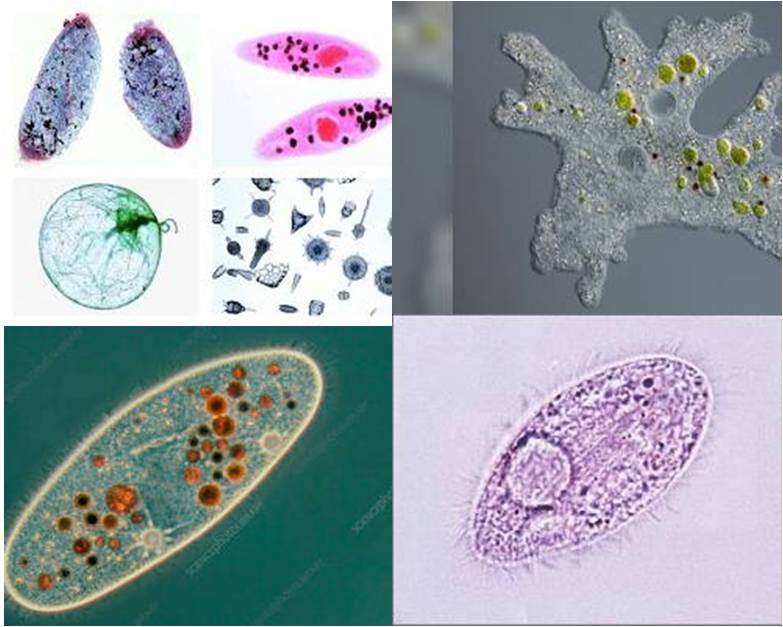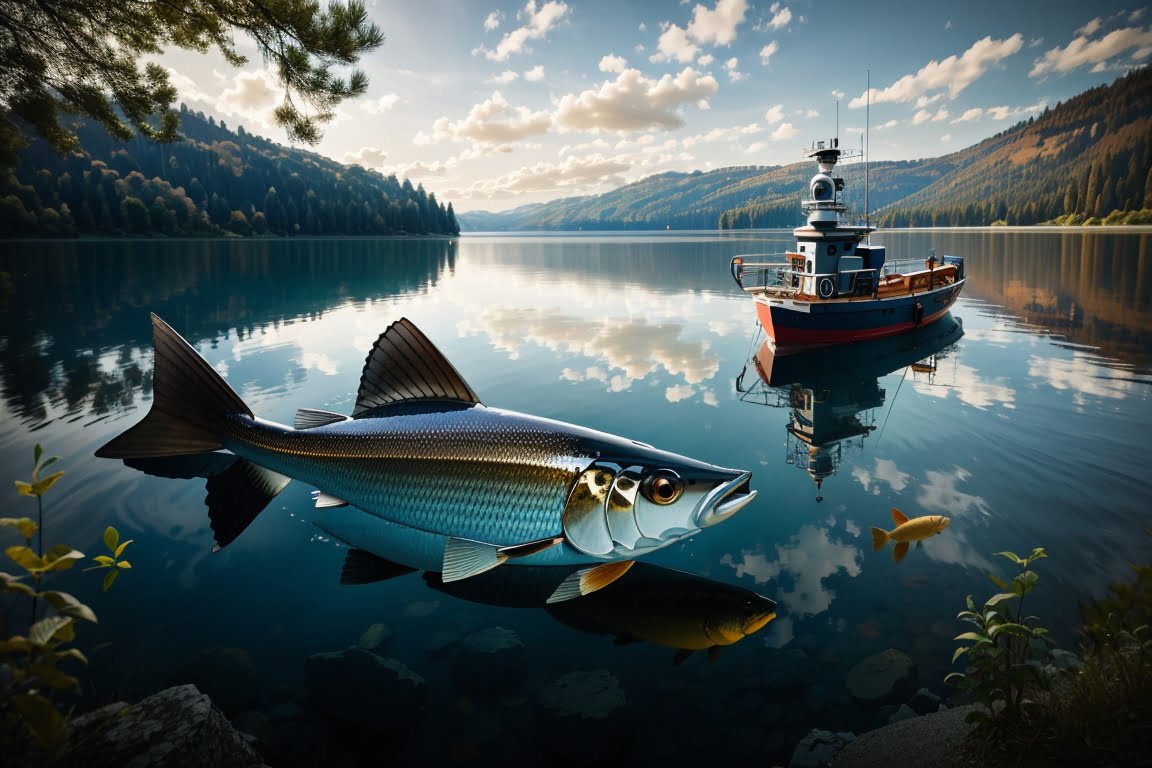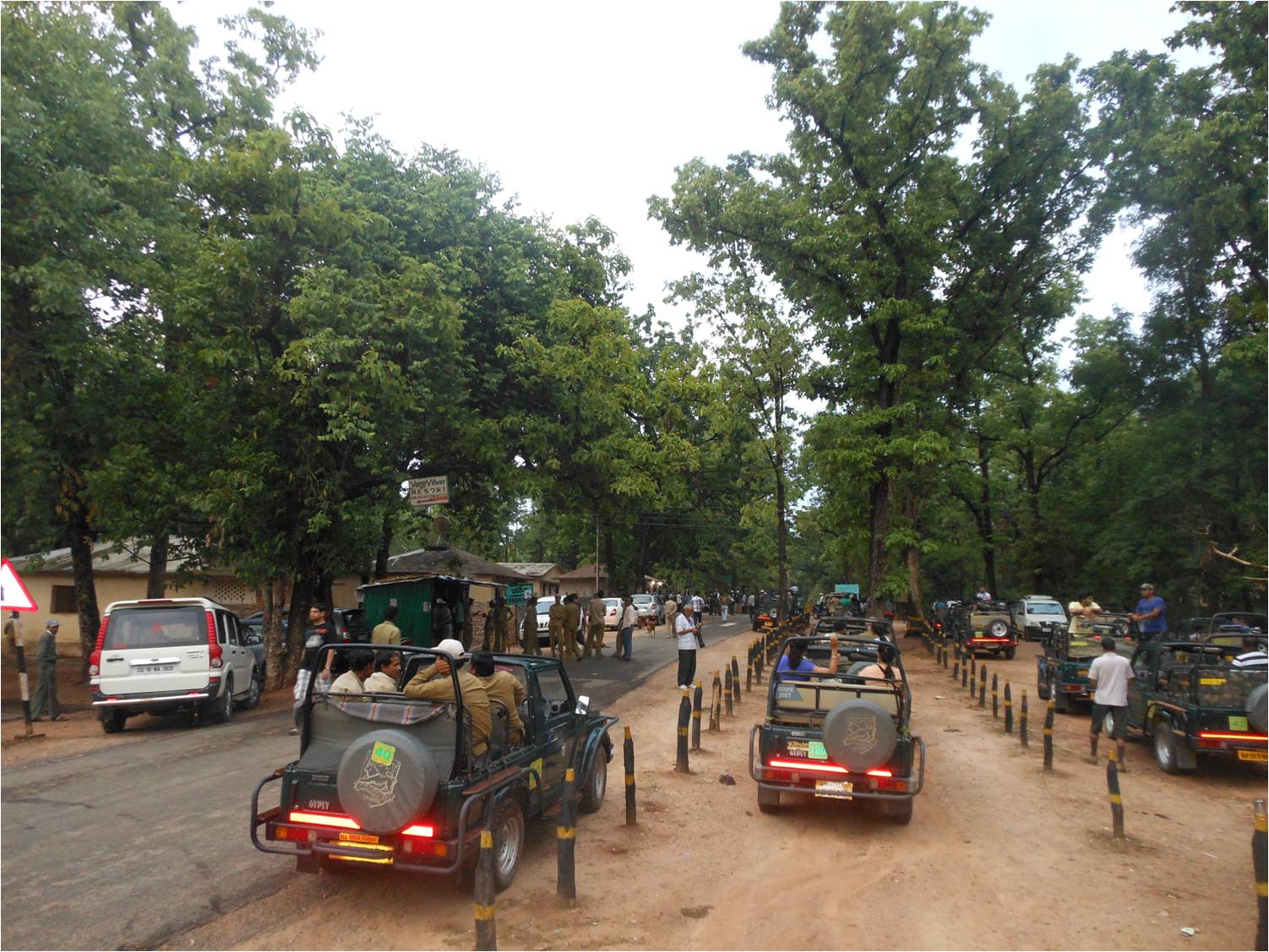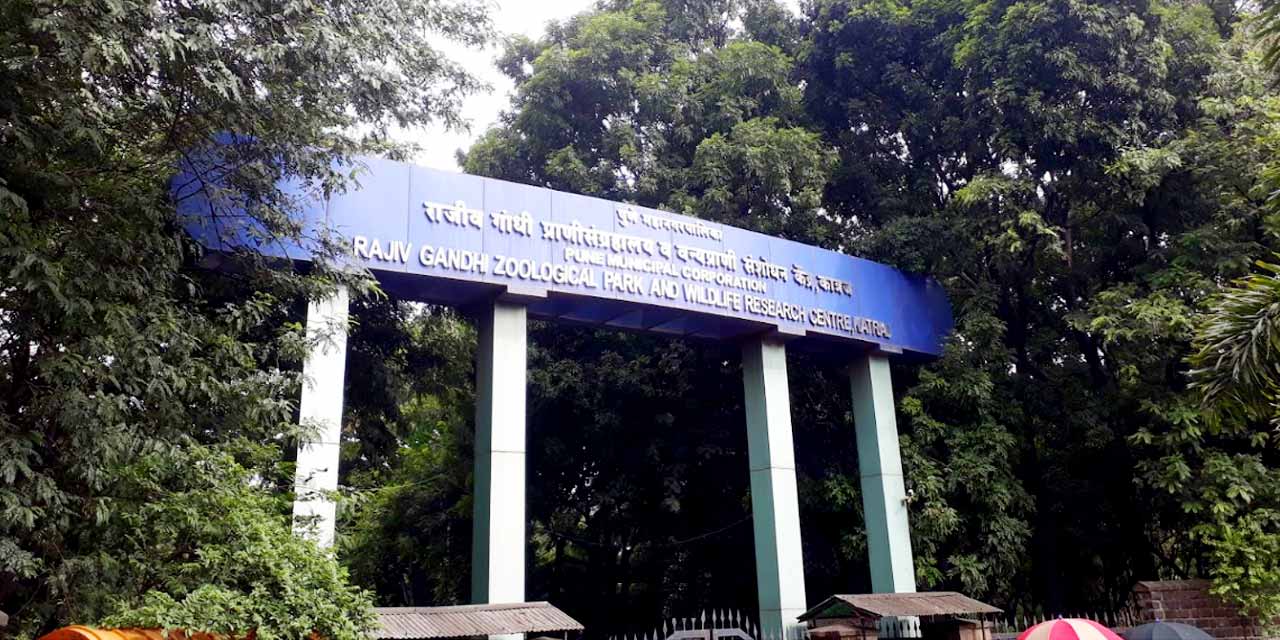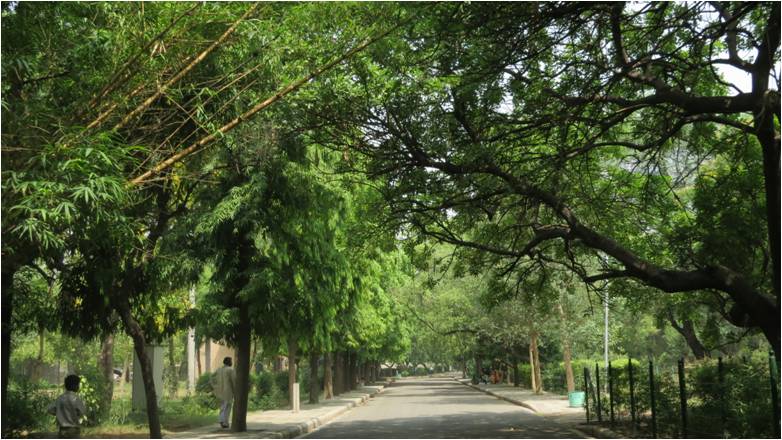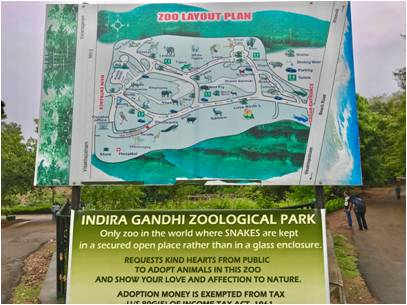Kanha National Park: In the middle of India, Kanha National Park is a symbol of the nation’s tremendous biodiversity and dedication to protecting wildlife. Kanha National Park is a wildlife sanctuary located in the Maikal range of Satpuras in Madhya Pradesh, India. This natural sanctuary, which covers an area of around 940 square kilometres in the Maikal Hills of the Satpura Range, is a paradise for both nature and wildlife aficionados. We explore Kanha National Park in this article, learning about its outstanding qualities, conservation initiatives, and the immersive experiences it provides. The park is divided into two protected areas, Hallon and Banjar, with respective areas of 250 km² and 300 km
A Look at the Biodiversity of Kanha
Kanha National Park is recognised for having an extraordinary variety of plants and animals. The majestic Bengal tiger, secretive leopards, and the endearing barasingha, also known as the hardground swamp deer, are just a few of the famous species that call this region home.
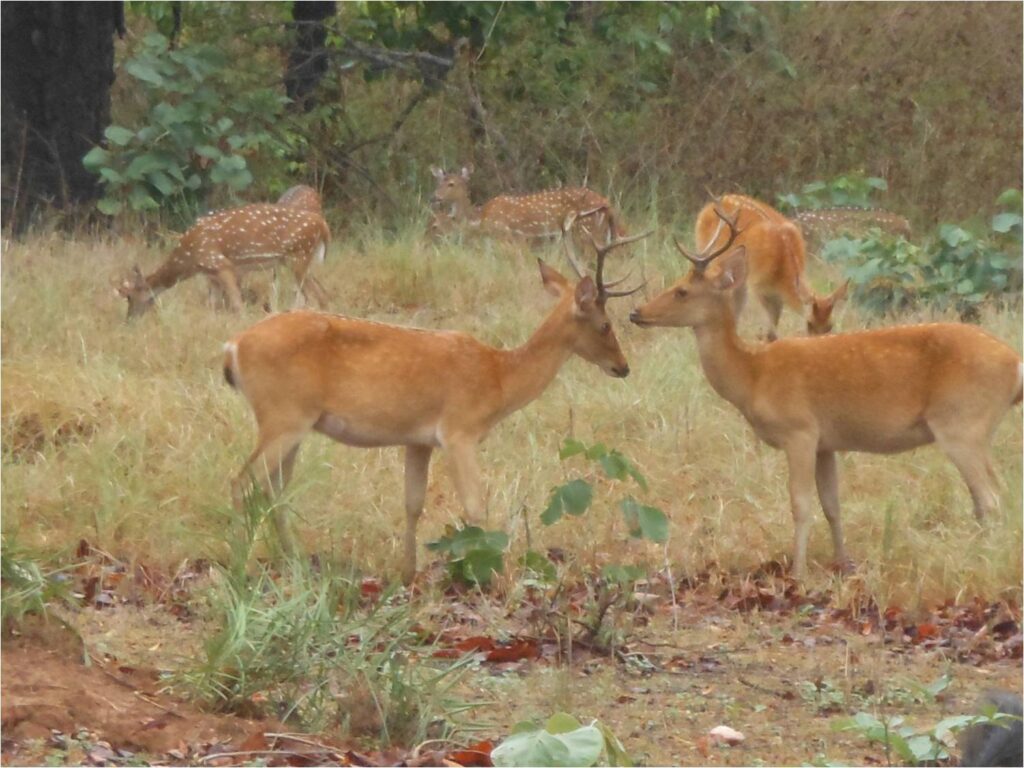
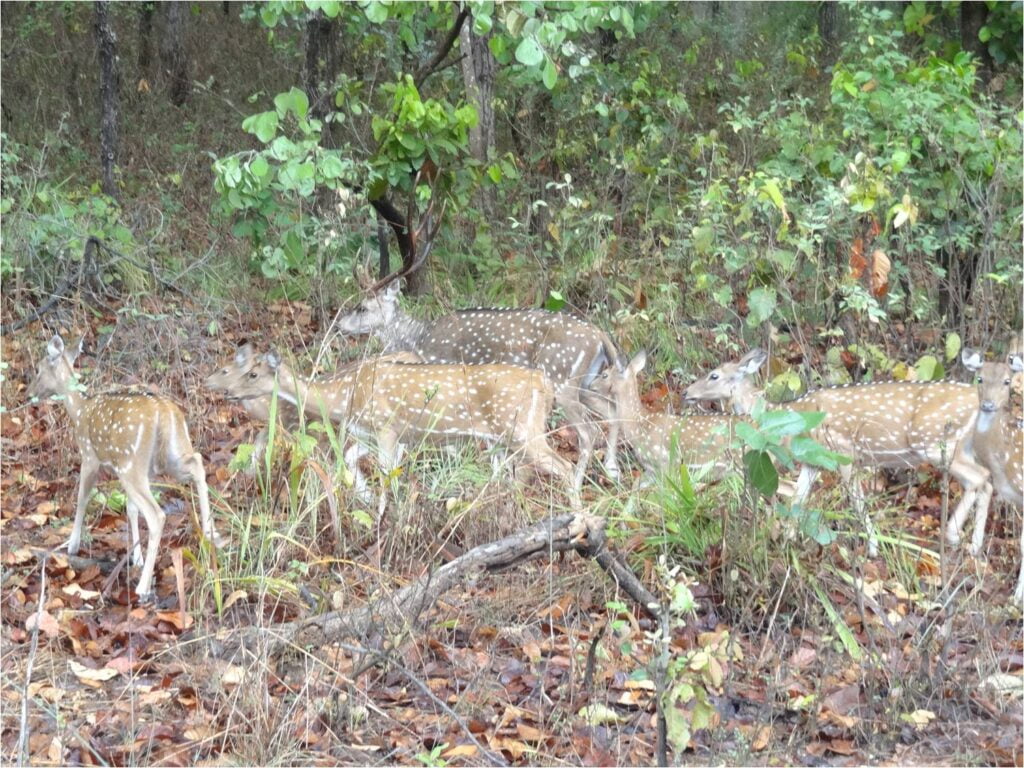
A Sanctuary for Birdwatchers
Kanha is a bird watcher’s heaven. The park provides countless chances for birdwatching because to its more than 300 kinds of birds, which include the colourful Indian roller and the magnificent white-rumped vulture.
For more information about Kanha National Park, you can visit their official website
Kanha’s Glorious Flora
The topography of the park is made up of vast grasslands, meadows, and dense sal and bamboo forests. The park’s abundant wildlife is fed and protected by these different environments. Kanha National Park is renowned for its rich biodiversity and is home to various species of flora and fauna1
Success Story in Conservation
The hardground swamp deer’s comeback in Kanha National Park is evidence of successful wildlife protection. Due to persistent efforts, the barasingha, which was previously in danger of going extinct, has witnessed a huge rise in population.
A Beautiful Wonderland
Kanha also provides stunning landscapes in addition to its animals. The park’s natural beauty is enhanced by the Banjaar River’s meandering path. A perfect setting for photography and wildlife observation is created by the area’s rolling hills, large meadows, and deep forests.
Safari Journeys
Kanha’s exploration is a journey in and of itself. The park’s amazing animals may be seen up close on exhilarating Jeep and elephant safaris, which are available to visitors.
Ideal Travel Periods
The dry winter months of November to February are the ideal time to visit Kanha National Park. The likelihood of seeing wildlife is increased during these months by the excellent weather.
Local Culture and Communities
Indigenous villages can be found close to Kanha. Visitors can learn about these communities’ distinctive cultures and traditions by interacting with them.
Options for Accommodation
Kanha provides a variety of lodging choices, including eco-friendly campgrounds, privately owned resorts, and government-run lodges. These facilities offer convenience and an immersive wilderness experience.
Responsibility for the environment
Environmental projects are actively supported by Kanha National Park. At the forefront of its activities are sustainable practises, decreased carbon emissions, and wildlife preservation.
International Importance
In terms of global conservation, Kanha is essential to safeguarding India’s natural heritage. Its commitment to protecting habitats and wildlife is crucial on a worldwide scale.
Final Thoughts: A Promise for the Future
As a result, Kanha National Park is more than just a wildlife refuge; it also serves as a symbol of India’s dedication to environmental protection and maintaining its natural beauty. For everybody who ventures into its verdant environs, Kanha offers a distinctive and enriching experience thanks to its diverse flora and fauna and successful conservation stories.
Frequently Asked Questions (FAQs)
What time of year is ideal for visiting Kanha National Park?
The dry winter season, which lasts from November to February, is the greatest time to visit Kanha since the weather is pleasant and wildlife sightings are more common.
In what ways may I tour Kanha National Park?
Jeep and elephant safaris, which give you the chance to get up close to the park’s wildlife, are fantastic ways to experience Kanha.
What relevance does Kanha National Park’s hardground swamp deer have?
A conservation success story in Kanha is the hardground swamp deer, also known as barasingha, whose population has grown significantly as a result of diligent efforts.
What kinds of lodging are offered close to Kanha National Park?
There are several different lodging options close to Kanha, including government-run lodges, exclusive resorts, and eco-friendly camps, each of which offers a distinctive experience amidst the woods.
How can I help Kanha National Park’s conservation efforts?
You may aid in the preservation of this natural gem by visiting Kanha in a responsible manner, adhering to park regulations, and assisting regional conservation efforts.

